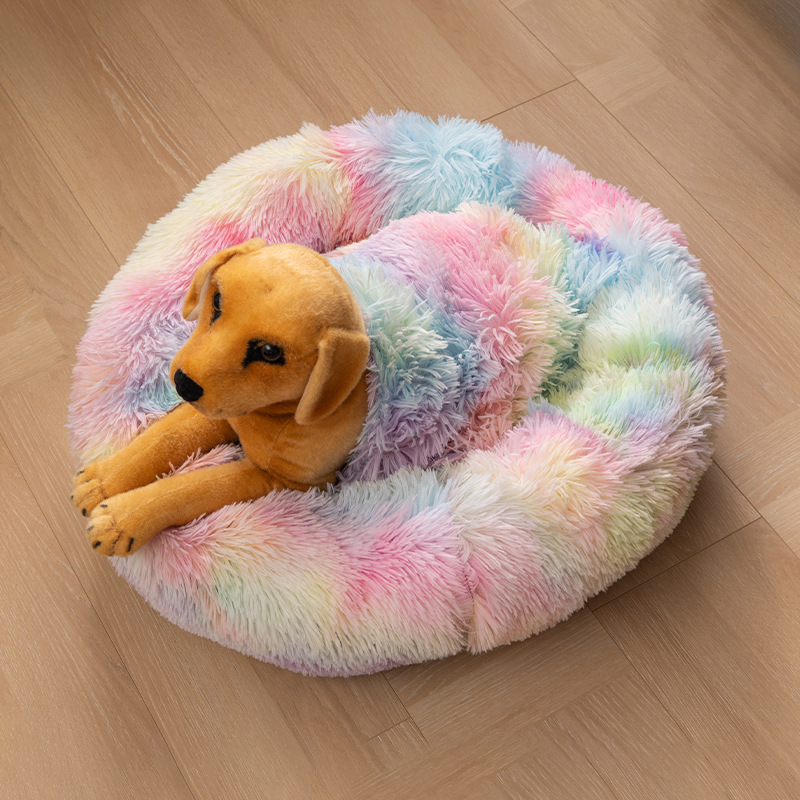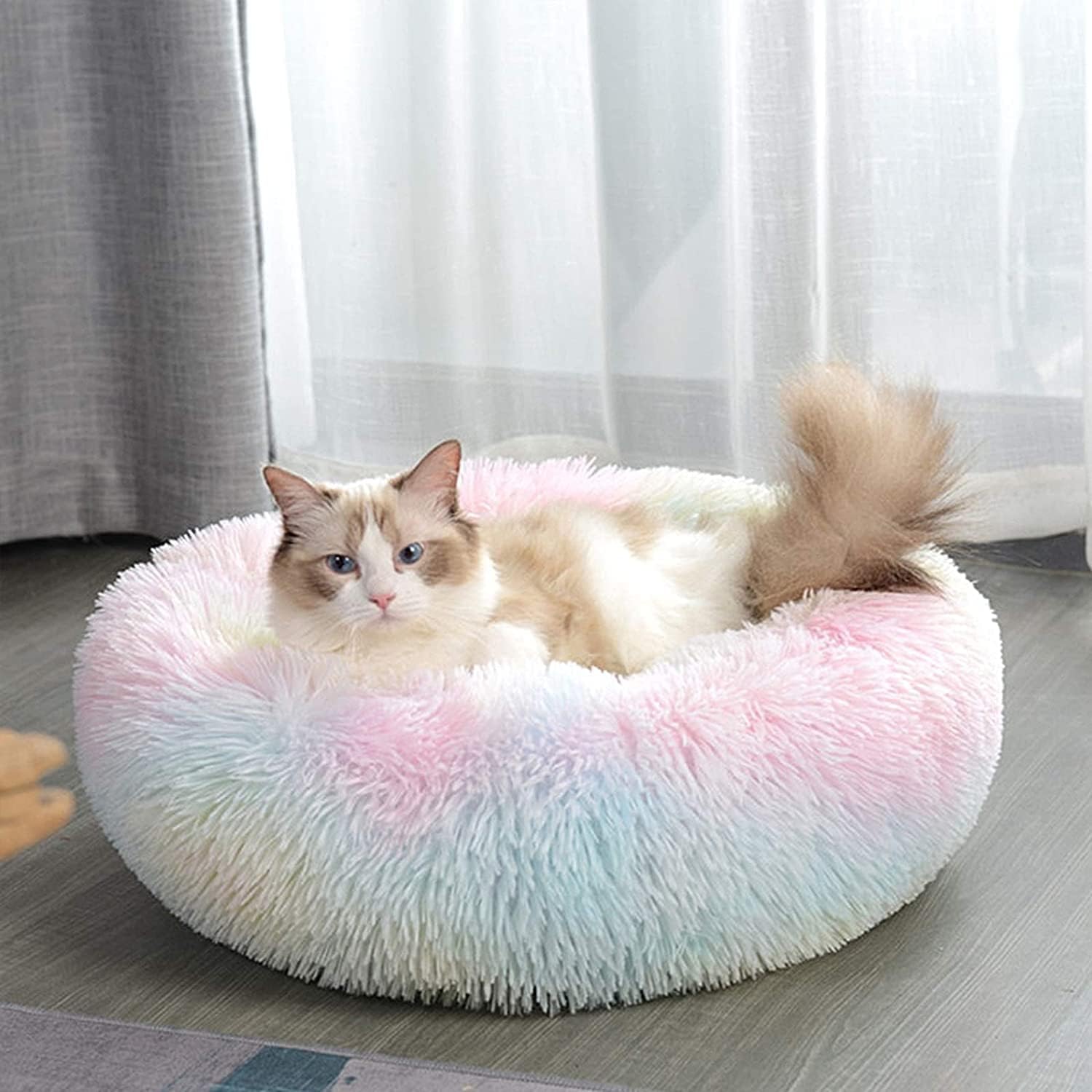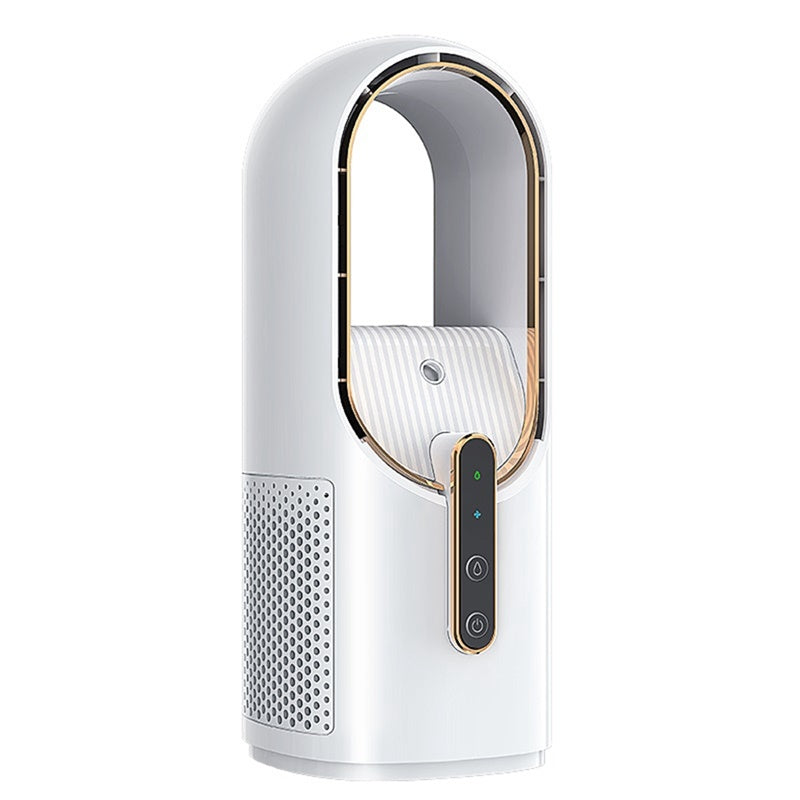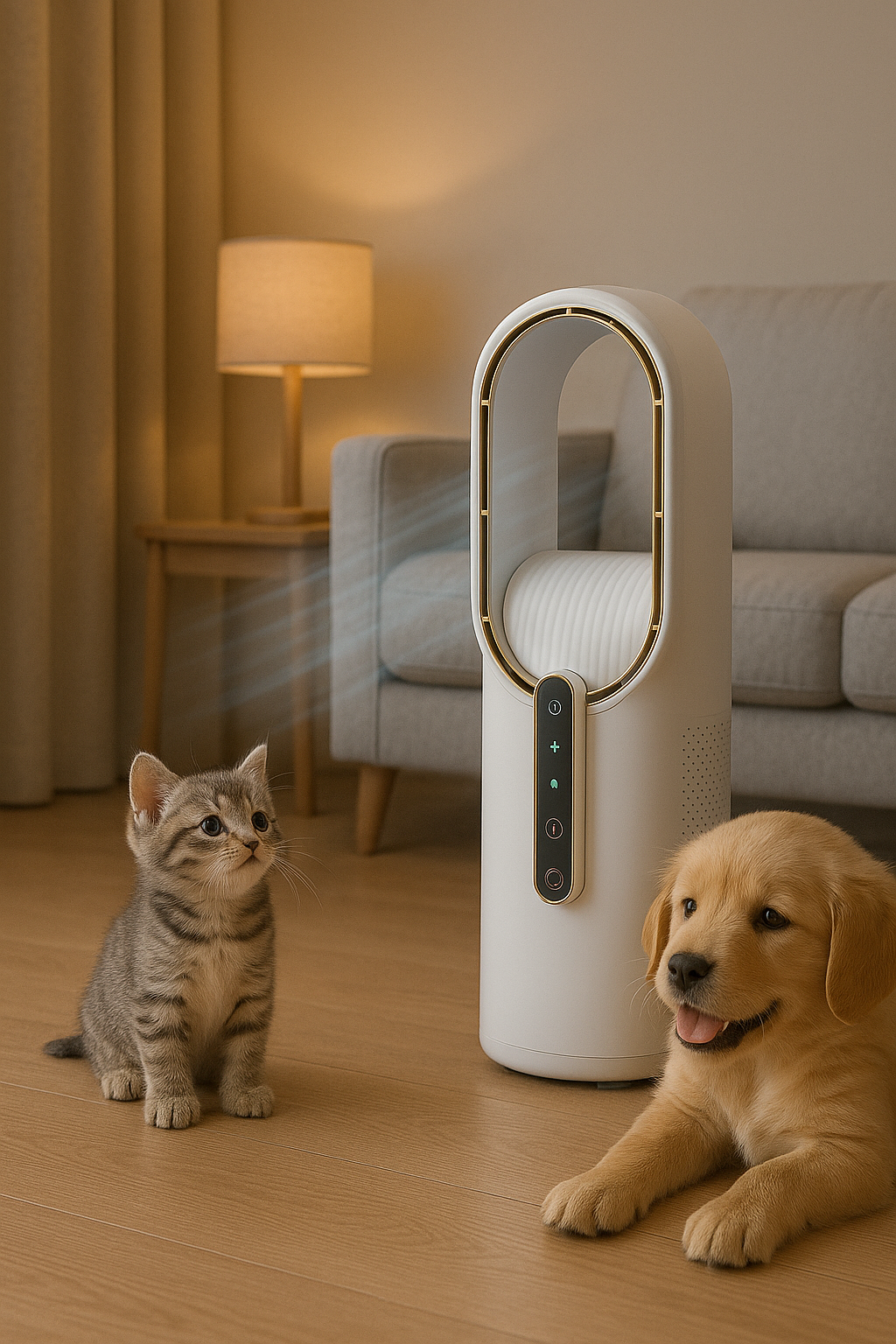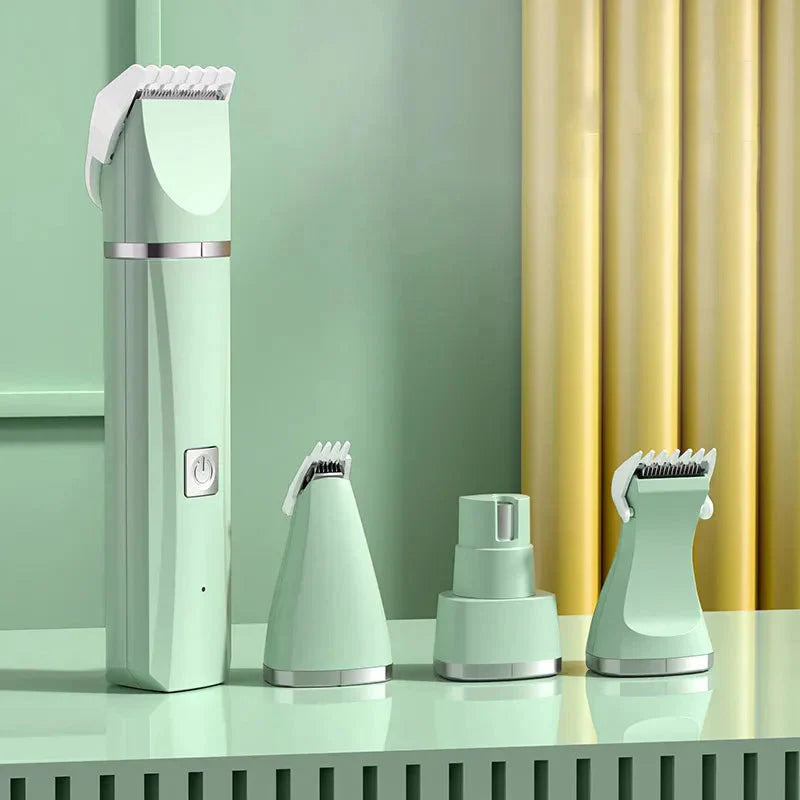
Noise Sensitivity in Cats: Creating a Quiet Haven with a Plush Bed

Noise Sensitivity in Cats: Creating a Quiet Haven with a Plush Bed

Just like humans, cats can be sensitive to noise. Unexpected sounds like fireworks, thunderstorms, loud music, or even household appliances can startle our feline companions. For a noise sensitive cat, everyday sounds can become stress triggers, leading to anxiety and behavioural issues. In this post, we explore noise sensitive cat solutions and how a plush bed can offer a comforting retreat for your pet.
Understanding Noise Sensitivity in Cats
Noise sensitivity, also known as noise anxiety, affects many cats in varying degrees. While some cats may simply hide under the bed during a thunderstorm, others may experience more severe stress responses such as trembling, vocalisation, or loss of appetite. Recognising the signs early is key to implementing effective noise sensitive cat solutions.
- Hiding frequently: Seeking out dark, enclosed spaces during loud noises
- Dilated pupils: A physical sign of stress or fear
- Increased grooming: Often a coping mechanism for anxiety
- Aggression or withdrawal: Change in behaviour due to stress
- Loss of appetite: A common symptom of feline anxiety
Understanding these signs helps cat owners respond with appropriate solutions that aim to soothe and protect their pets.
Why Noise Sensitivity Happens
Cats have incredibly sensitive hearing—far superior to that of humans. While this trait helps them detect prey and stay alert in nature, it also makes them vulnerable to loud or high-pitched noises. Some cats may develop sensitivity due to traumatic events, while others are simply predisposed to anxiety. Kittens who were not properly socialised may also struggle with loud environments.
Noise Sensitive Cat Solutions: Creating a Safe Space
One of the most effective noise sensitive cat solutions is to create a safe, quiet area in your home where your cat can retreat during noisy times. This haven should be comfortable, enclosed, and away from the main hustle and bustle of the household. Here's how to set it up:
- Choose a quiet room: Select a space like a bedroom or study where noise levels are generally lower.
- Minimise external noise: Use thick curtains, rugs, or even soundproofing material to reduce external sounds.
- Provide a hiding spot: Cats feel secure in covered spaces. A box, cat tent, or an enclosed bed can work wonders.
- Add a plush calming bed: A soft, supportive bed gives your cat a sense of safety and warmth, helping reduce anxiety.
- Use white noise: A white noise machine or calming nature sounds can help mask sudden loud noises.
The Role of a Plush Bed in Cat Anxiety Relief
When it comes to noise sensitive cat solutions, a plush bed is more than just a cosy spot—it's a vital element of your cat’s emotional well-being. A calming bed can provide:
- Enclosure and security: Many plush beds are designed with raised walls or doughnut shapes, mimicking the feeling of being held.
- Soft texture: The fluffy, faux-fur material mimics a mother cat’s coat, giving a sense of familiarity and comfort.
- Warmth: Retaining body heat helps your cat feel snug and safe, lowering stress levels.
- Sensory comfort: The plush texture may provide soothing tactile stimulation, promoting relaxation.
Placing this bed in a quiet corner or dedicated safe room can significantly improve your cat’s ability to cope with anxiety-inducing noise.
Choosing the Right Bed for Your Noise Sensitive Cat
Not all pet beds are created equal. For a noise sensitive cat, you'll want to choose one that offers both comfort and a sense of protection. Here are features to look for:
- High sides or enclosed design: Offers a sense of shelter
- Soft, plush materials: Mimics fur and provides tactile comfort
- Machine washable: Easy to clean, keeping it fresh and hygienic
- Non-slip bottom: Prevents the bed from sliding during sudden movements
- Compact size: Ideal for placing in wardrobes, under beds, or in quiet nooks
One highly recommended option is the TailAura Calming Pet Nest. Designed specifically for cats and small dogs, it combines softness, security, and style in one adorable, functional package.
Additional Tips to Support Your Cat’s Wellbeing
In addition to offering a plush bed and quiet space, consider these complementary noise sensitive cat solutions:
- Feline pheromone diffusers: These can help reduce stress and promote calm behaviour.
- Interactive toys: Keep your cat mentally engaged and distracted from stressors.
- Routine: Keeping a predictable schedule helps reduce overall anxiety.
- Consult your vet: If your cat’s anxiety is severe, professional advice may be necessary. Supplements or medication might be recommended.
Final Thoughts
Noise sensitivity is a common issue among cats, but with proactive measures, you can help your feline companion feel safe and calm. Creating a peaceful corner complete with a plush, calming bed is one of the most effective noise sensitive cat solutions. It’s not just about comfort—it’s about giving your cat a sanctuary where they feel protected and loved.
Whether your cat hides during storms or startles at every vacuum cleaner, the right environment can make a world of difference. Start by offering them the softest, safest place to rest—because every cat deserves a quiet haven.

